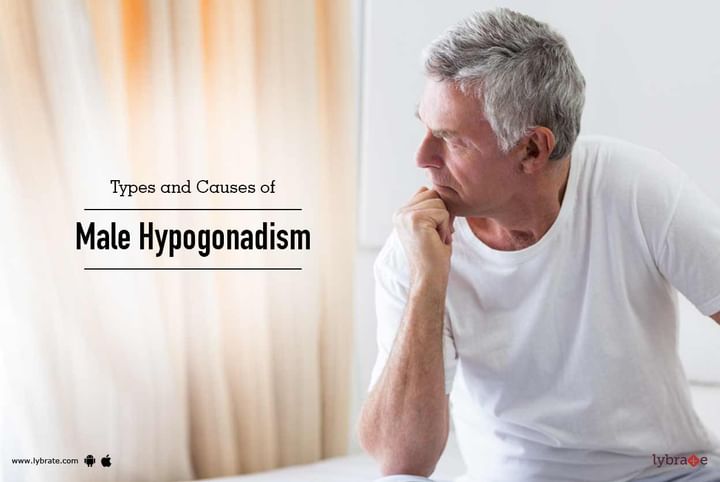Types and Causes of Male Hypogonadism
Male hypogonadism, also known as testosterone deficiency, is a failure of the testes to produce the male sex hormone testosterone, sperm, or both.Testosterone play an important role in sperm production.This condition can be due to a testicular disorder or the result of a disease process involving the hypothalamus and pituitary gland.
This is of two types including:
Primary type of hypogonadism is also known as primary testicular failure, which originates from a problem in the testicles.
Secondary type of hypogonadism indicates a problem in the hypothalamus or the pituitary gland through which parts of the brain that signal the testicles to produce testosterone
Either type of hypogonadism may be caused by an inherited (congenital) trait or something that happens later in life (acquired), such as an injury or an infection. At times, primary and secondary hypogonadism can occur together.
Common causes of primary hypogonadism include:
- Klinefelter syndrome
- Undescended testicles
- Mumps orchitis
- Hemochromatosis
- Injury to the testicles
- Cancer treatment
Causes of secondary hypogonadism:
A number of conditions can cause secondary hypogonadism, including:
- Kallmann syndrome
- Pituitary disorders
- Inflammatory disease
- HIV/AIDS
- Medications
- Obesity
- Concurrent illness
How Is Hypogonadism Diagnosed?
Your doctor will conduct a physical exam to confirm that your sexual development is at the proper level for your age. They may examine your muscle mass, body hair and your sexual organs.
Treatment:
Testosterone replacement therapy (TRT) is the most commonly administered as a topical gel, transdermal patch or by injection and is the recommended treatment for male hypogonadism.
You can get testosterone replacement therapy by:
- Injection
- Patch
- Gel
- Lozenge
- Injections of a gonadotropin releasing hormone may trigger puberty or increase your sperm production.
Patients can also improve testosterone levels with lifestyle changes, including:
In adult males, hypogonadism may alter certain masculine physical characteristics and impair normal reproductive function. If you wish to discuss about any specific problem, you can consult a Sexologist.



+1.svg)
